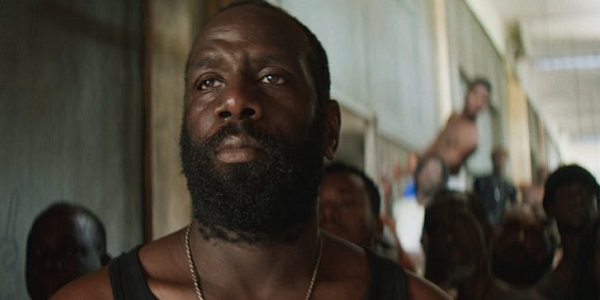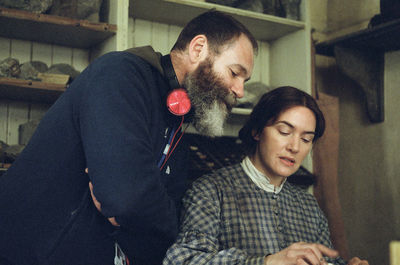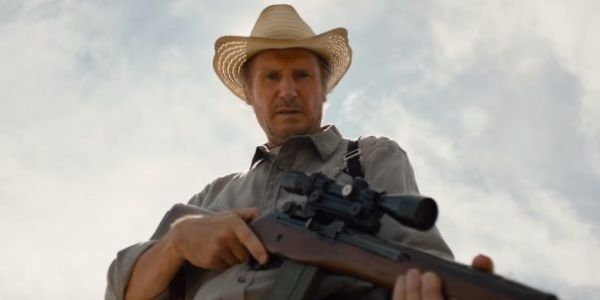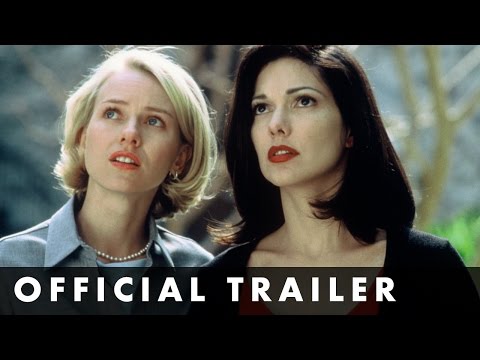Utopia Undone – After It All Short Film Review
★★
Directed by: #RadostinRadev
Written by: #RoderickEdwards
Starring: #RadostinRadev
Film Review by Lucy Clarke

It is often thought that in order to lead a rebellion, the leaders must be unwaveringly dogmatic. It is their way or the highway. A way to consolidate power is just to remove whoever disagrees with you. Radostin Radev and Roderick Edwards’ short film Utopia Undone – After It All may explore the aftereffects of a revolution, but they approach the film in the same dogmatic light as those revolutionaries. By the end, the viewer is desperate for a little nuance.
Director Radostin Radev stars as our sole voice of the revolution. He was a rioter, and we’re led to believe was a key member of the revolution. After the fires of zeal have damped, he is bitter and full of regret in the smoke and the ashes of the movement. He sighs, “people don’t know what’s good for them”, and narrates snippets of the before and after the revolution. He inhabits rooms that look like a hoarder’s basement, and he looms under crumbling structures thick with anarchist graffiti. It is always challenging just relying on a monologue to keep the audience engaged. There is often nothing to anchor us in, no moments of interaction on screen. The audience can quickly feel adrift. It is unavoidable that the whole film depends on the strength of the script and the acting. By their nature, monologues are tricky devices to master. Radev cannot deliver the same amount of pathos as Andrew Scott monologuing Hamlet, but unfortunately, Radev doesn’t even get close. He rarely stares down the camera, and the viewer is denied that essential connection with the main character.
Roderick Edwards script fares slightly better, but it is unnecessarily nihilistic. In Edwards’ eyes, the fault is the rioters’ deep belief in Marx, Communism and Dostoevsky. Still, he fails to communicate why these belief systems resonated with the writers then and the rioters now. According to our reformed rioter, it is a symptom of the universities promoting leftist thinking, but what exactly the rioters revolting against is an unanswered cliff-hanger. Change is what they wanted, yet their ideology is so frustratingly unsubstantiated and left utterly unexplored. The notion once you tear down everything there is nothing left to reclaim is intriguing. However, in Edwards and Radev’s film, the politics feel frustratingly one-note.
Political works are thought-provoking and can rejuvenate and electrify discussion. Alienated youth can suddenly become idealists. Yet, Utopia Undone – After It All lacks the nuance and depth of understanding that would have made the film a captivating watch.






